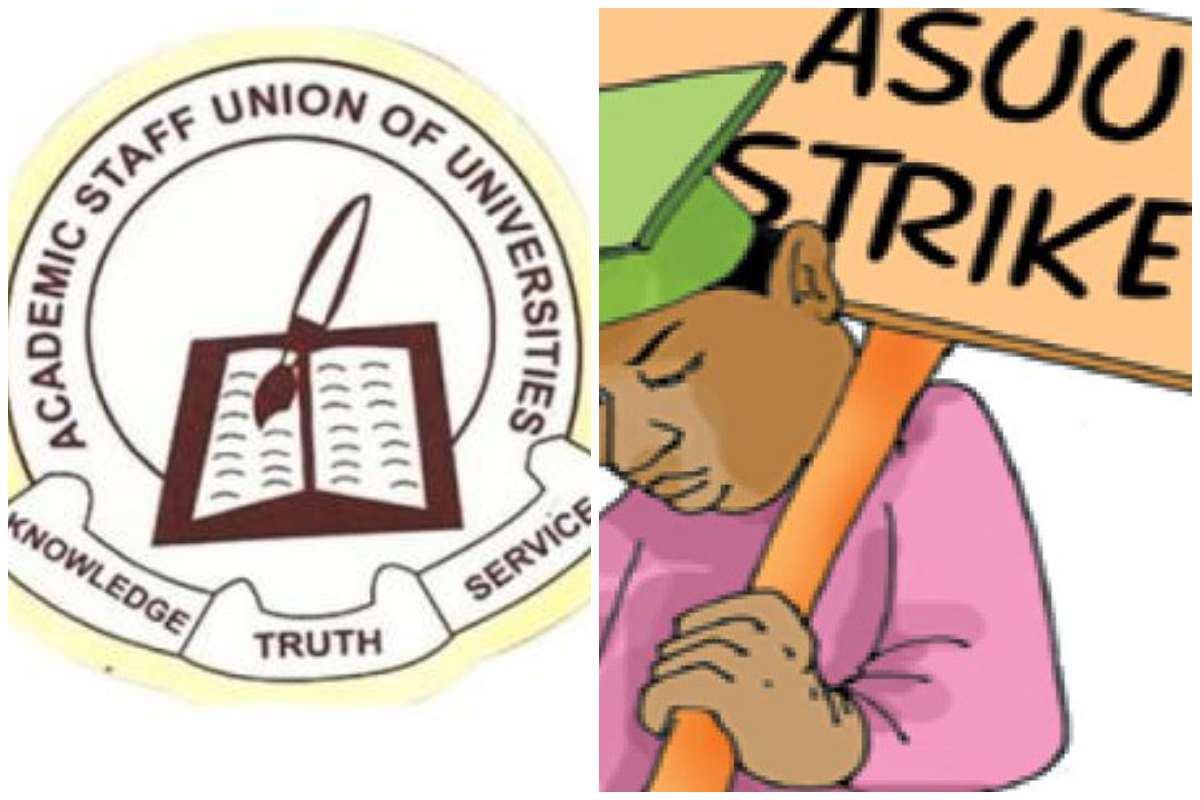The Nigeria Labour Congress (NLC) and the four unions in universities – ASUU, SSANU, NASU and NAAT, on Monday clashed with National Universities Commission (NUC) over ongoing industrial crisis rocking the tertiary institutions in the country.
Speaking at the 2nd Quadrennial delegates conference in Abuja, organised by SSANU with the theme: “Respecting the sanctity of collective bargaining in democracy,” the NLC President, Ayuba Wabba, said federal government is fond of breaching agreements reached through collective bargaining with labour unions.
He said this has been the main reason for frequent industrial action being witnessed in the education sector, saying, “You don’t sign agreement for the sake of it. You signed so that it can be implemented. You can’t sign an agreement and then wait till it is due for implementation before raising issues.”
But in a swift reaction by the Executive Secretary of NUC, Prof. Abubakar Rasheed stated that the demands by various unions in the universities have led to polarisation of the university system, adding that it is making difficult for the institutions to match up with its peers abroad.
According to Rasheed, it is regrettable that most times government and individual unions lock horns negotiating for better welfare packages for their members at the detriment of the students, adding that constant strike by unions in universities was affecting the robust growth of the system.
“No university in the world can operate effectively in isolation, it is frustrating that the university system in Nigeria have been polarised by various unions. You have NAAT, ASUU, SSANU all negotiating for different things. Most times, while one group is negotiating with government, others are warming up for strike unless their demands are met,” he said.
However, speaking further, Wabba said, “I think it (breaching the agreement) has been the problem of collective bargaining administration in this country. Are we looking for a global standard or Nigerian standard?
“We should be aiming at a global standard not Nigerian standard and the global standard is enshrined in convention 198 of International Labour Organization (ILO).
“The important one which we constantly refer to is the collective bargaining agreement of 2009 between federal government and ASUU. If that agreement was signed in good faith and was implemented, I am not sure we will be where we are today.”
President of the Senior Staff Association of Nigerian Universities (SSANU), Samson Ugwoke, also backed his labour counterpart, saying the biggest challenge faced by the union was the lack of respect of agreements duly and freely entered into by government at all levels.
He stressed that the 2009 FG/SSANU agreement was an example of how agreements freely entered into are not implemented or are done in breach.
“As we speak today, the biggest challenge being faced by SSANU is the lack of respect of agreements duly and freely entered into by our employers either at State or Federal levels.
“In 2001, an agreement was duly reached with the federal government which was left largely unimplemented before 2009 when another agreement was yet reached,” he said.
Ugwuoke explained that some aspects of the 2009 agreement with respect to Earned Allowances, career structure and progression of SSANU members, encroachment into non-teaching units by Academic Staff among others, are yet to be implemented despite series of strikes between 2009 to date.

 Join Daily Trust WhatsApp Community For Quick Access To News and Happenings Around You.
Join Daily Trust WhatsApp Community For Quick Access To News and Happenings Around You.


